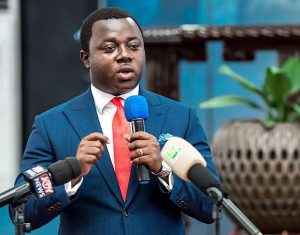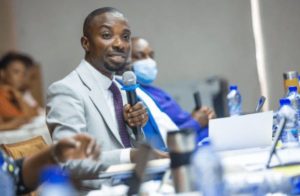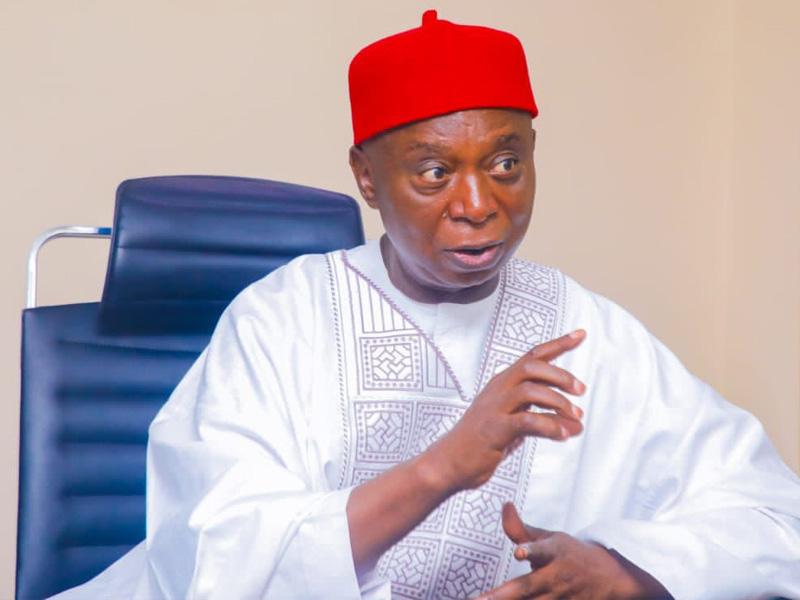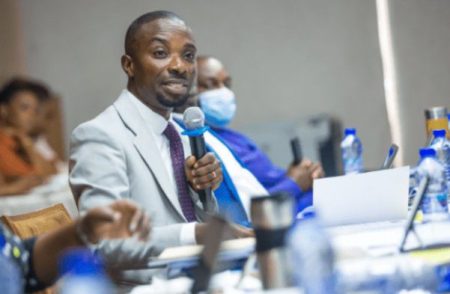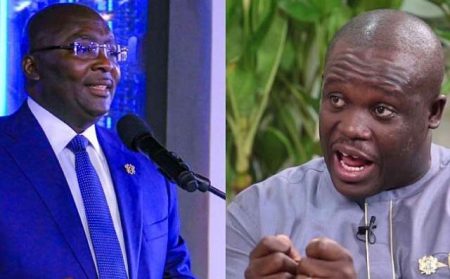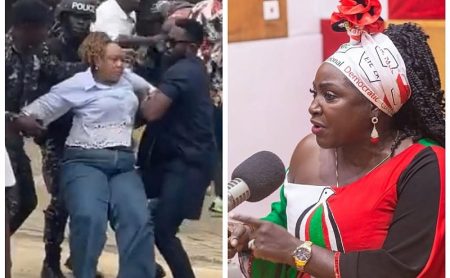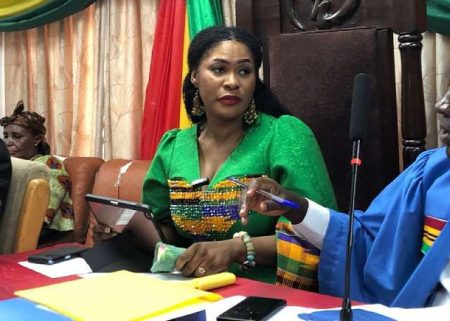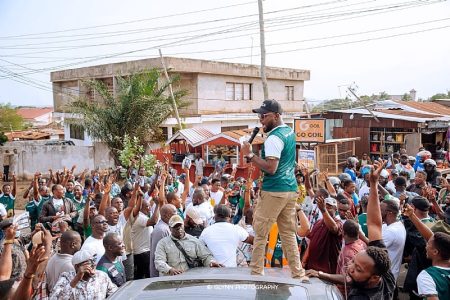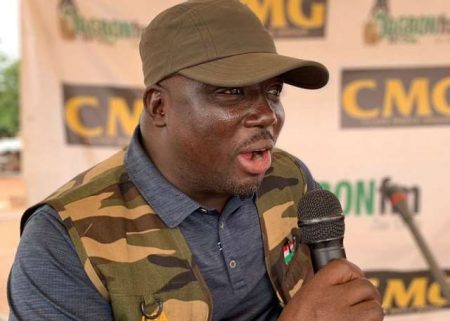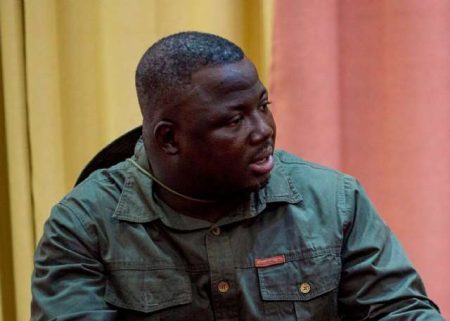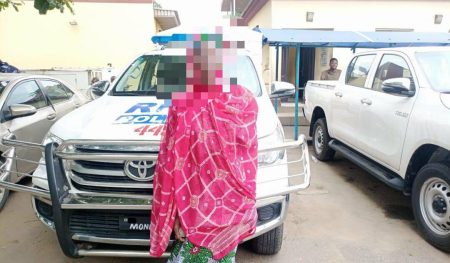The political landscape of Delta North is embroiled in a fierce power struggle within the All Progressives Congress (APC), ignited by the controversial endorsement and subsequent counter-endorsement of Senator Ned Nwoko’s bid for re-election to the National Assembly. The initial endorsement, orchestrated by the Forum of Local Government and Ward Chairmen, seemingly with the blessing of the Delta North APC Chairman, Chief Adizue Eluaka, took place at a well-attended stakeholders’ meeting at Nwoko’s residence. This gathering, portrayed by Nwoko’s supporters as a demonstration of unity, also included votes of confidence for President Tinubu and Delta State Governor Oborevwori. However, the veneer of unity quickly fractured, exposing deep fissures within the party.
The endorsement was swiftly challenged by a faction loyal to former Governor Ifeanyi Okowa, now a prominent figure within the Delta North APC. This opposing faction exerted pressure, leading to a dramatic reversal. The Forum, initially instrumental in Nwoko’s endorsement, backtracked, issuing a statement disavowing their previous action and emphasizing the importance of internal democracy and primary elections. The statement further called upon Deputy Governor Monday Onyeme, considered the highest-ranking APC official in Delta North, to unify the party and steer it towards success in future elections. This public retraction further fueled the escalating tension and highlighted the deep-seated divisions within the party.
Adding another layer of complexity, Chief Eluaka, who initially appeared to support the endorsement, abruptly dissolved the Forum, labeling it an “unauthorized and unconstitutional body.” This move, ostensibly aimed at restoring order and discipline, was interpreted by some as a direct consequence of pressure from powerful figures within the party opposed to Nwoko’s re-election. Eluaka’s actions sent a clear message: the established party structure would not tolerate unsanctioned endorsements and any future deviation would face disciplinary action. This power play further marginalized the Forum and underscored the precarious position of those supporting Nwoko’s candidacy.
Despite the mounting opposition and the dissolution of the supporting Forum, APC leaders in Aniocha North, Nwoko’s home turf, remained steadfast in their support. They publicly reaffirmed their endorsement, praising his accomplishments and leadership style, while simultaneously accusing his detractors of political maneuvering and external influence. Their defiance underscored the localized nature of the power struggle and hinted at the possibility of a protracted internal conflict. The commendation of Aniocha North APC Chairman, Matthew Chinye, for resisting pressure to withdraw support for Nwoko, further highlighted the importance of local alliances in this complex political battle.
Further complicating the situation, reports surfaced of Deputy Governor Onyeme questioning the propriety of holding the initial endorsement meeting at Nwoko’s residence. This questioning of protocol, combined with the subsequent counter-endorsement, suggests a pre-existing rivalry between Onyeme and Nwoko, potentially carried over from their time in the PDP. Nwoko, in his response, emphasized the large attendance at the meeting, including high-ranking party officials, claiming the endorsement represented the will of the people. He dismissed the counter-endorsement as a paid-for maneuver by a small group of dissenters, unable to challenge the overwhelming support he received.
External analysis of the unfolding drama suggests this leadership tussle is a precursor to the 2027 general elections and may even lead to defections back to the PDP. The rapid shifts in allegiance, the influence of recently defected PDP members within the APC, and the strategic maneuvering of key figures like Onyeme all point to a deeper struggle for control of the party. The conflicting narratives surrounding the endorsement, the subsequent counter-endorsement, and the dissolution of the supporting Forum highlight the volatility of the situation and the potential for further escalation as the 2027 elections draw nearer. The political future of Delta North APC hangs in the balance, with the outcome of this power struggle likely to shape the region’s political landscape for years to come.


